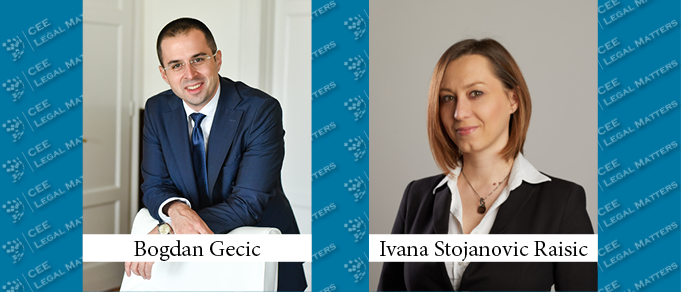The Serbian Competition Authority (SCA) has been relatively busy lately, and the outcome is an abundance of soft law on the one hand and inconsistent practice in actual casefiles on the other.
We all know that competition authorities are there to handle and respond to (more or less severe) antitrust infringements, to clear (or not) mergers and acquisitions, and, along the way, to educate undertakings and the public in general on competition rules. So, what is all the fuss about?
Imperfect Legislation
The vast majority (even 98%, if not more) of the SCA’s workload is about merger clearances due to unduly set and extremely low merger thresholds, resulting in the review of too many transactions (mostly short-form clearances), leaving just a pinch of the SCA’s capacities to dive into the most severe market infringements. Their fee structure also supports this business model, as the SCA charges for a phase one clearance can reach up to EUR 25,000, whereas for a phase two may amount to as much as EUR 50,000.
The legislative inadequacy also extends to the long-announced alignment of the Competition Act with the then-new 2016 General Administrative Procedure Act and, thus, with the European Convention on Human Rights, which, unfortunately, has not yet seen the light of day.
How About (In)Predictability?
Legal certainty is what everyone strives for – clearly set rules and behaviors that undertakings and regulators should follow. And this is how we arrive at predictability. The past practice of authorities usually indicates how they will behave in the future. Predictability then creates legal expectations and builds the basis for certainty in the market. Consequently, undertakings should be able to rely on the SCA’s past decisional practice. But can they really?
The SCA established a practice of using dawn raids for collecting not only the documentation relevant to the case at hand but all documents and correspondence (even private), a method well-known as a “fishing expedition.” In such circumstances, unlike competition statutes across Europe, the Serbian Competition Act leaves companies exposed and defenseless before the SCA as there is no immediate judicial review of such actions of the watchdog.
There was even an instance when the SCA acted upon documents adopted months after the initiation of the procedure, including (1) a hidden SCA sectoral inquiry published eight months later and (2) the SCA’s decision on the adoption of said sectoral inquiry, actually adopted several months after the date of initiation of the procedure.
Another illustrative example is an ex officio detection of hard-core infringements by the SCA, which are at the same time subject to criminal prosecution. Contrary to its mandate, the SCA remained silent regarding its further actions but only stated that such behavior should be referred to other institutions. In addition, the SCA has shown a very lenient approach toward such violations, with minuscule fines, if any.
Consistent in Inconsistency?
One may argue that this title could rightly explain the SCA’s latest actions. Again, a few soft law examples show that their language goes against the statutory requirements.
However, there are a few notable positive trends where the SCA wishes to raise public awareness and set precise inputs on applicable competition rules. After ten years of silence in issuing soft law instruments, only in the past ten months, the SCA has issued several guidelines (another instance of unusual practice), such as competition compliance programs and bid-rigging in the public procurement procedures.
New Expectations
What to expect? How to behave? These seem to be the toughest questions. The best bet is to follow the SCA’s soft law examples with the hope that they will have to stick to their own rules.
However, this does not mean much. Any lawyer would advise sticking to the laws, as this is the very essence of a legal system. Considering the suspicion that the SCA may not implement them, one must rely upon other examples. A good practice of the Administrative Court in Belgrade is to show that respect for the rule of law is here to stay, at least in the judicial world, as it has demonstrated preparedness to annul numerous decisions of the SCA in the past ten years, for breach of procedure.
By Bogdan Gecic, Founding Partner, and Ivana Stojanovic Raisic, Counsel, Gecic Law
This article was originally published in Issue 9.10 of the CEE Legal Matters Magazine. If you would like to receive a hard copy of the magazine, you can subscribe here.






















